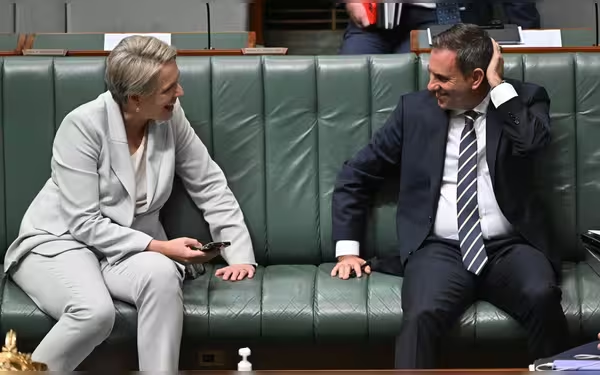Thursday, July 4, 2024 06:34 PM
Minister of Petroleum's Policy Reversal Sparks Industry Concerns
- Minister Musadik Malik's past performance under scrutiny
- Industry alarmed by delays in crucial policy implementations
- Mounting receivables threaten energy security and foreign investment
 Image Credits: The Monthly
Image Credits: The MonthlyThe oil and gas industry in Pakistan faces uncertainty as Minister Musadik Malik considers reversing key policies, sparking concerns over delayed payments, hindering investment and jeopardizing energy security.
The oil and gas industry in Pakistan is facing mounting tensions as the Minister of Petroleum is reportedly considering rolling back policies approved during the caretaker government's tenure. Industry officials have expressed concerns over the appointment of Musadik Malik as the petroleum minister, citing his past performance. During his previous term, Malik only implemented two major policies, leaving several crucial draft policies pending for over two years. These policies, including amendments to the Petroleum Policy 2012 and the tight gas policy, were eventually approved by the caretaker administration. However, the current minister's approach to policy matters has raised alarms in the industry.
Sources reveal that Malik has been questioning previous policy changes, particularly amendments aimed at attracting greater investment in the sector. His opposition to allowing exploration and production companies to sell a portion of gas to third parties has sparked further concerns. The Pakistan Petroleum Exploration and Production Companies Association has also highlighted the critical situation in the upstream oil and gas industry, emphasizing the urgent need for action to prevent a crisis that could impact energy security and economic stability.
The core issue lies in the mounting receivables from Sui Southern Gas Company and Sui Northern Gas Pipelines Limited, amounting to Rs1,500 billion. Of this, over $600 million is owed to foreign companies, hindering investment in essential assets for domestic energy production. The delayed payments have led to a decline in oil and gas production, jeopardizing energy security and foreign investment. The industry has called for immediate government intervention to support SSGC and SNGPL financially, potentially through a budgetary grant or tariff differential subsidy to address the revenue shortfall.













